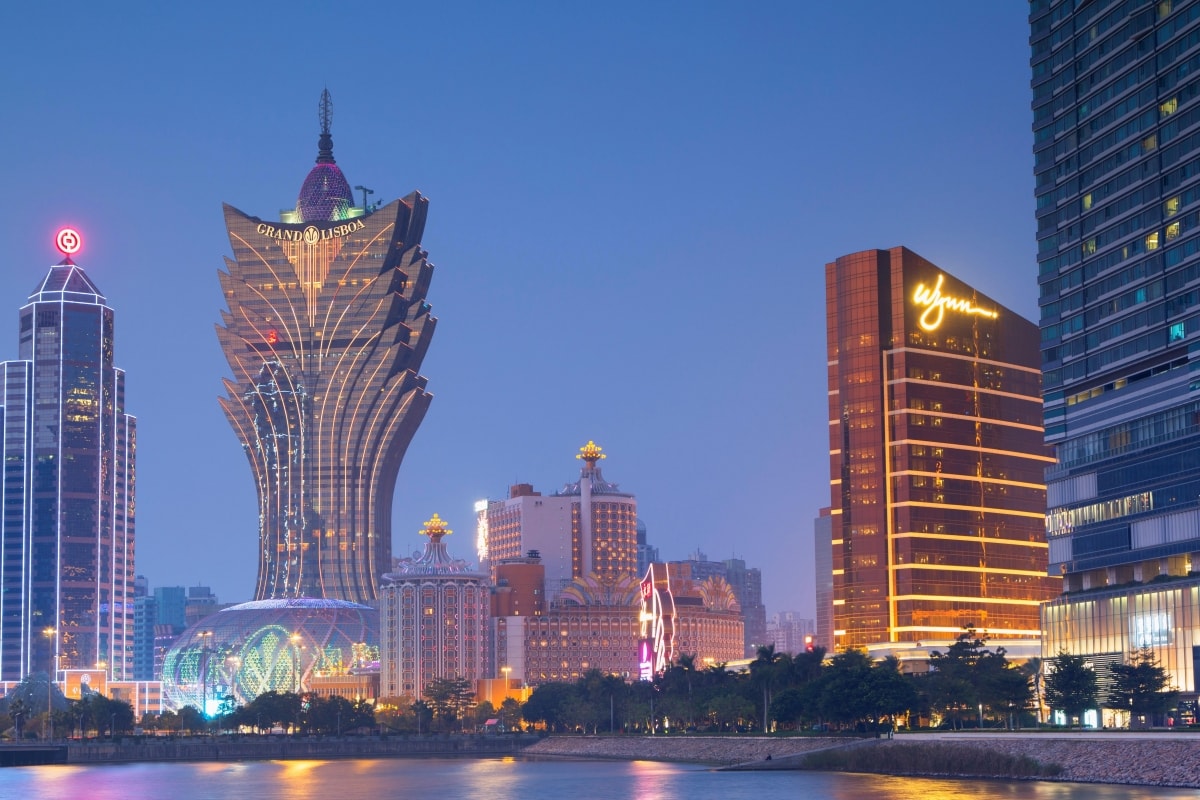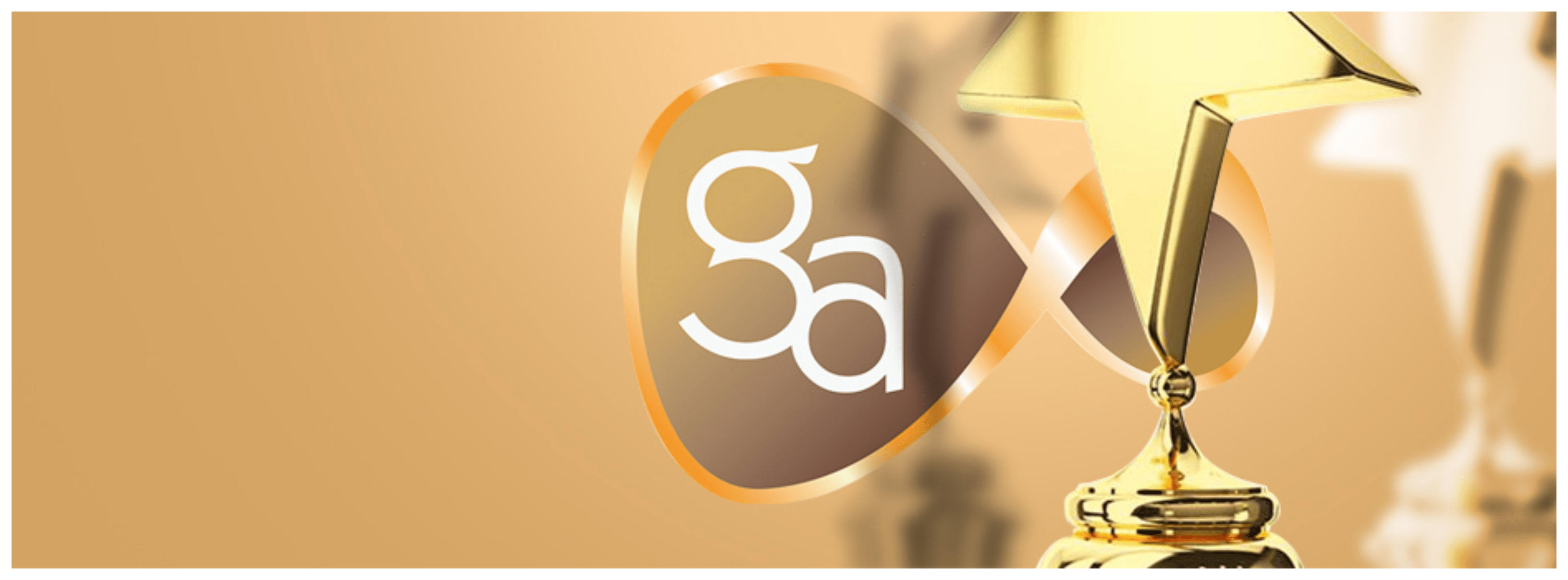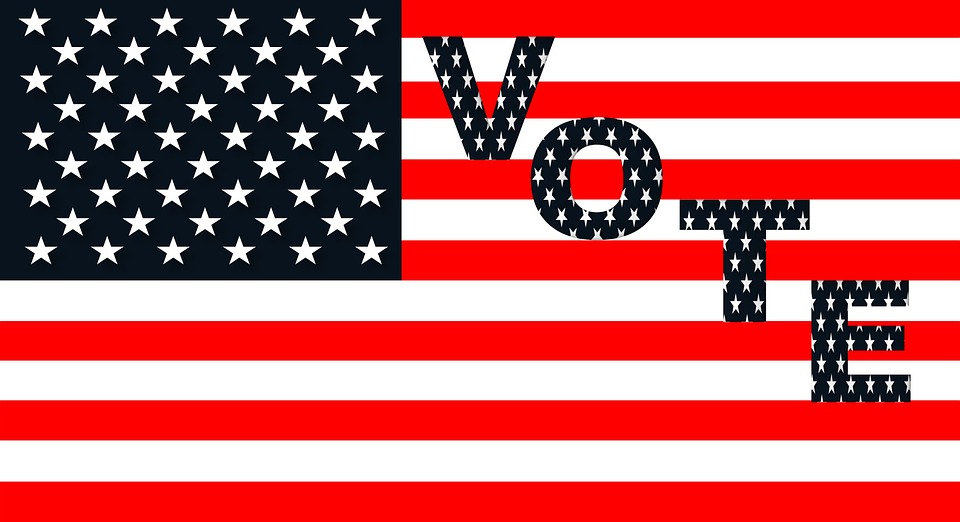 Published: 06.04.2020, 19:01
Published: 06.04.2020, 19:01 4 min read
4 min readUnder Chinese law, gambling has been illegal since 1949. If a venue is found to have assembled a crowd for the purpose of gambling, the owner will be imprisoned for three years and also receive a fine. This applies to both land-based and online gambling.
- Record Drop in Profits of Macau Casinos
- China to Continue Fighting Illegal Gambling in 2020
- Macau Casinos Experience 66% Visitors Drop
China does have two forms of legitimate gambling, however: the Welfare Lottery and the Sports Lottery. Both of these lotteries are authorized by the Chinese government. The Welfare Lottery has been regulated by the Ministry of Civil Affairs since 1987. The Sports Lottery has been regulated by the General Administration of Sport since 1994.
However, there is one way that people living in China can get their gambling fix legally: they just have to visit Macau.
The self-governing city of Macau was formerly a Portuguese colony. From 1557 to 1887, Portugal governed the colony under the authority of China. During this period of time, Portugal had to pay “rent” yearly to China. From 1887 until 1999, Portugal was given perpetual colonial rights over Macau. After 1999, the city was transferred over to China. At this point in time, Macau is an administrative region of China with its own structure of government. Because of this, gambling is legal in the city even though it is outlawed in the rest of China.
Macau is currently known as Asia’s gaming capital; it is a hotspot of casinos – which, in turn, has brought in luxury shopping (Louis Vuitton, Chanel, etc.) and high-end dining. The gambling sector has had a beneficial impact on the city’s overall economics.
However, this wasn’t always the case. A few decades ago, all casinos in Macau were owned by the billionaire Stanley Ho. In 2002, the Chinese government ended Ho’s monopoly on the gambling industry. Because of the government’s actions, many new investors were able to bring luxury establishments to the city.
Macau currently has 39 functioning casinos, of which the largest is the Venetian Macau. In 2018, Macau’s saw a YoY increase of 14% and reaped a total of $37.6 billion in profits (302.85 billion patacas.)
The Coronavirus’ Effect on Macau
On January 22, 2020, Macau confirmed their first case of the coronavirus. On February 4th, the number of cases within the city had risen to 10. That same day, authorities declared that all of the casinos in the city would shut down for 15 days in total. This was an unprecedented move, since taxes from the gambling industry makes up a whopping 80% of the government’s revenue. So, in this case, the city’s government was certainly prioritizing the health of its citizens.
The mandate didn’t just cover casinos, but also 18 other types of establishments – including cinemas, gyms, and more.
As the cases continued to increase, the government enacted more measures in order to protect its citizens. For example, in mid-March, Macau banned foreign visitors as well as non-resident international workers. Then, on March 23rd, the city announced that they were planning on banning visitors from Hong Kong, Taiwan, and mainland China who had traveled internationally within the last two weeks.
Due to Macau’s proactive measures, they are seeing a decrease in cases while the rest of the world has still not reached the peak of the virus.
In order to aid recovery, Macau has released a stimulus package of over $1 billion. This package includes tax breaks, loans, and direct payments. On top of that, the general public received $270 million in vouchers, in order to encourage spending so that the impact on small businesses would be lessened.
A Hopeful, Yet Cautious, Reopening
Macau is slowly starting to reopen; people are going out to local restaurants, walking the streets, and spending time with each other. What’s more, most of Macau’s casinos have reopened.
At this point, approximately 80% of the city’s casino tables have re-opened – 5,400 tables in total. This figure is 46% higher than a week ago when casinos had first reopened. Now, keep in mind, the casinos are still operating under stricter regulations in order to prevent any further spread of the coronavirus. The last thing Macau wants is to see an uptick in confirmed cases after opening businesses back up.
Some of these restrictions include:
- All guests and staff must wear masks;
- The number of players at each gaming table is limited;
- Standing bets have been prohibited.
Regardless of these restrictions, Joe Vong (the head of inspection for Macau’s Gaming Inspection and Coordination Bureau) gave a statement that staff and the public have been issuing complaints about regulations not being followed. Specifically, their main complaint is that tables have been allowing too many people to play at once.
The casinos will be inspected daily in order to make sure that the staff is actually following the regulations.
Macau’s Gambling Revenue Projections
On Thursday, March 19th, Macau’s Executive Council released its projections of 2020’s gaming revenue. The projections estimate that the government’s portion of revenue will end up being approximately $16.26 billion this year. Now, this is only half of what they had previously estimated before the outbreak of COVID-19. Yet, even the reduced revenue is still slightly higher than 2019’s total government share of revenue.
At the moment, the city is hopeful that their efforts, combined with the hefty stimulus package, will allow Macau to bounce back from the economic impacts of the coronavirus. However, it is possible that the situation will worsen, – especially since there are still reports of new cases within the city.











